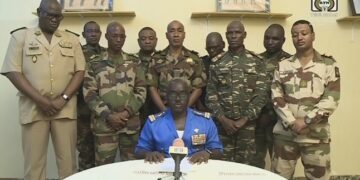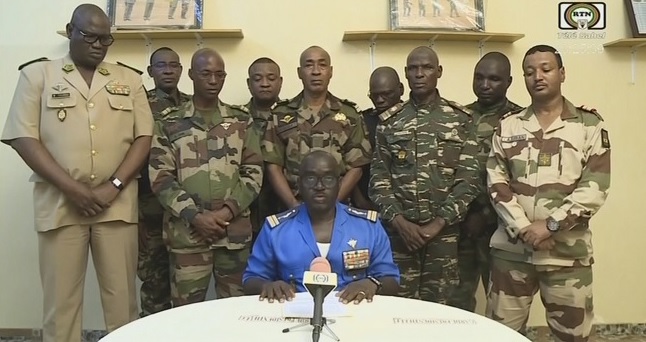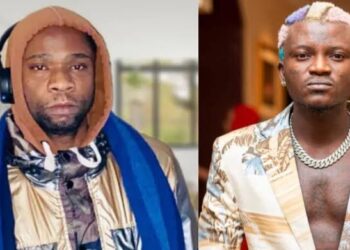By John Ikani
Niger’s coup leaders have severed ties with Nigeria after the Economic Community of West African States (ECOWAS) failed in its efforts to mediate the ongoing crisis.
ECOWAS had earlier set a seven-day ultimatum for the reinstatement of President Mohamed Bazoum to avoid potential clashes with the junta.
President Bola Tinubu also dispatched a high-level delegation led by General Abdulsalami Abubakar (rtd) to meet with the coup leaders but they only engaged with representatives of the junta.
As a consequence of the failed mediation and the perceived lack of support from Nigeria, Togo, France, its former colonizer, and the United States, Niger announced that it is cutting off diplomatic relations with the aforementioned countries.
“The functions of the extraordinary and plenipotentiary ambassadors of the Republic of Niger” to France, Nigeria, Togo and the United States are terminated,” Radio France International quoted one of the putschists to have said on national television.
The events leading up to this decision began on July 26 when members of the Presidential Guard detained Niger’s ousted leader, Bazoum.
That same evening, the military announced that they had taken control of the government.
Two days after the coup, General Abdourahamane Tchiani, commander of Niger’s presidential guard, declared himself the head of a transitional government.
Meanwhile, the United States has expressed support for ECOWAS, led by Nigerian President Bola Tinubu, in their efforts to reinstate President Bazoum.
In a statement from the White House, President Joe Biden emphasized the importance of releasing Bazoum immediately to uphold democratic values, constitutional order, justice, and the right of peaceful assembly.
According to him, the US stands with the people of Niger to preserve their hard-earned democracy and maintain their longstanding partnership based on shared democratic values and support for civilian-led governance.

































